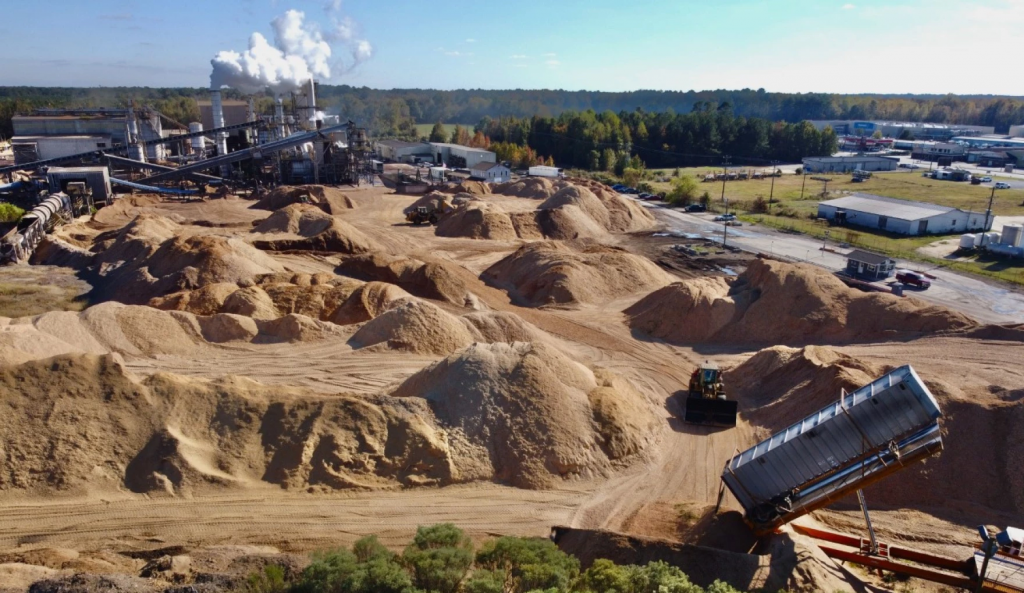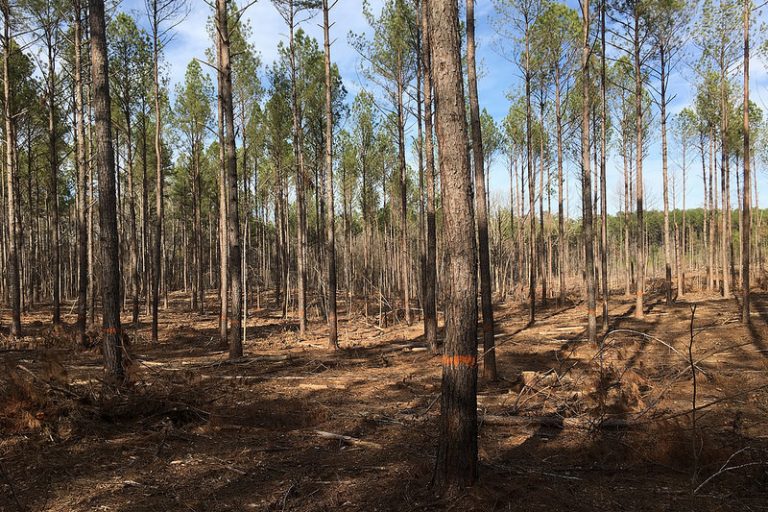
The interesting thing about the facts that are the heart of this story of mine: it all sounds so familiar. Burning forest biomass causes enormous amount of emissions and hazardous pollutants from both the manufacturing process and the burning-for-energy process? Don’t we know this already?
Well, yes and no. Forest and public health advocates have been decrying for as long as I’ve been covering this issue the harmful impacts from every process that is the wood pellet industry — from clearcutting native forests that reduce carbon sinks and degrade biodiversity, to emissions from drying wood before its pressed into pellets, to pollution from the transportation sector to move pellets from one place to another, and finally, enormous emissions from burning these pellets instead of coal.
Because so much is assumed — and obvious (like the obvious health hazards of smoking cigarettes for years) — we assume, too, that there are rigorous scientific studies that prove what so many assume. This may be true in Europe, but it has not been true in the United States — until the 2023 publication of the study that is focus of my story.
This research is enormously important given the growth of the wood pellet industry and the growing interest across the United States to start burning wood for energy and claim — erroneously — that it’s a legitimate climate solution. There is no legitimate science that supports that industry claim. I am glad Mongabay continues to cover this issue closely. Sadly, this important study was not covered by any other news media.





